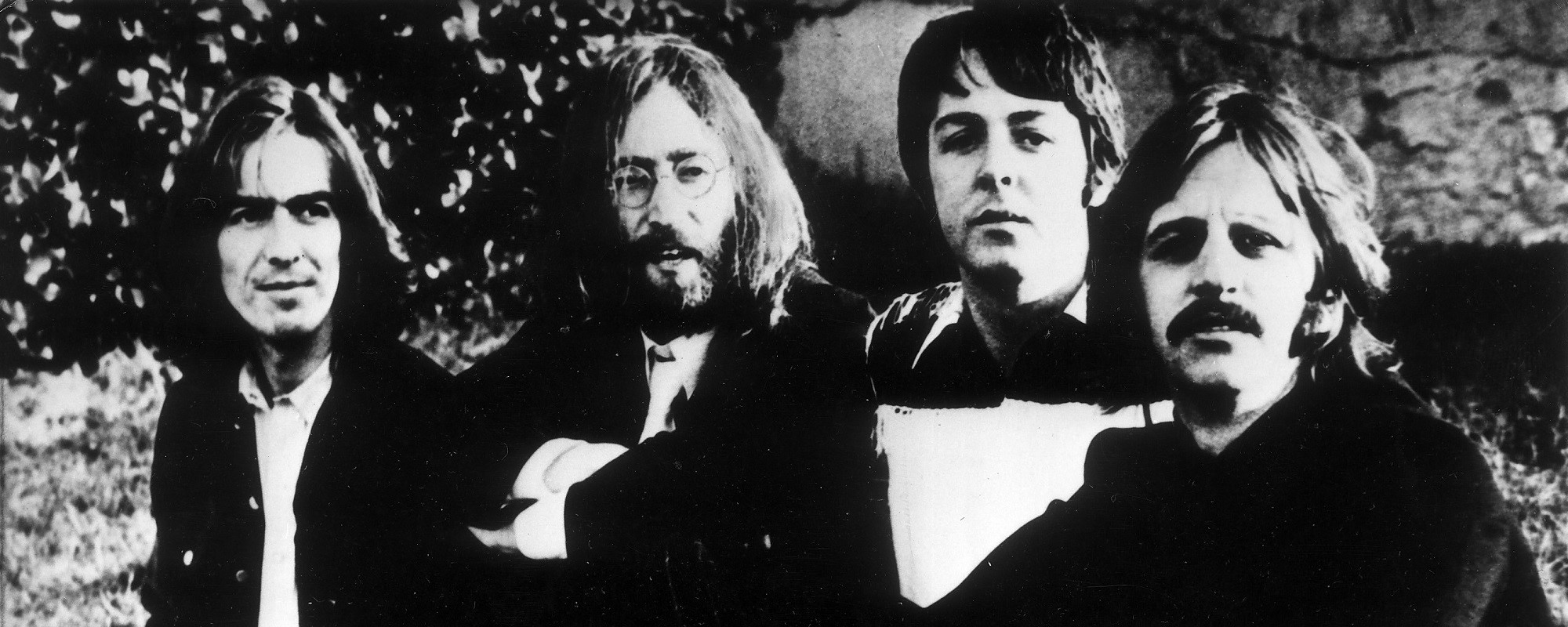On this day (May 29) in 1971, The Rolling Stones topped the Billboard Hot 100 chart with “Brown Sugar” from Sticky Fingers. It would become one of the band’s best-known songs. However, the lyrics caused controversy upon release. Mixed feelings about the track haven’t gone away in the five decades since it topped the chart.
Videos by American Songwriter
Written primarily by Mick Jagger, The Rolling Stones released “Brown Sugar” as the lead single from Sticky Fingers in April 1971. It debuted on the Billboard Hot 100 on May 1 of that year. By the end of the month, it reached the top of the chart and held the summit for two weeks.
[RELATED: The Truth Behind the Reaction to the Rolling Stones’ “Brown Sugar”]
In 2021, five decades after the song’s release, The Rolling Stones pulled it from their tour setlist due to the continued backlash caused by its controversial lyrics.
The Rolling Stones Cause Controversy with “Brown Sugar”
While “Brown Sugar” was a major part of The Rolling Stones’ setlist for five decades, there’s no denying the lyrics are insensitive, at the very least. The uptempo track seemingly intertwines the subjects of slavery and sex. For instance, the opening line of the first verse is “Gold Coast slave ship bound for cotton fields.” The verse ends with “Hear him whip the women just around midnight.” The “he” is a “scarred old slaver.”
While they have claimed over the years that the song is an examination of the horrors of slavery and the rape suffered by enslaved Black women, that’s not how it came off. Their depictions of sexual violence against those women came off as crass and without empathy.
The song’s chorus doesn’t make things any better. Brown sugar, how come you taste so good now? / Brown sugar, just like a young girl should, now. Then, they repeat the lines but replace “young” with “Black.” Sure, it’s a catchy tune. But it is also one of the countless songs from the era that didn’t age well.
It didn’t take the Rolling Stones until 2021 to realize how offensive the song is, though. Mick Jagger, at least, began to distance himself from the song in the 1990s. “God knows what I’m on about in that song. It’s such a mishmash. All the nasty subjects in one go,” he said of the hit. “I would never write that song now,” he added. “I would probably censor myself. I’d think, ‘Oh God, I can’t. I’ve got to stop. I can’t just write raw like that.”
Featured Image by Ilpo Musto/Shutterstock













Leave a Reply
Only members can comment. Become a member. Already a member? Log in.